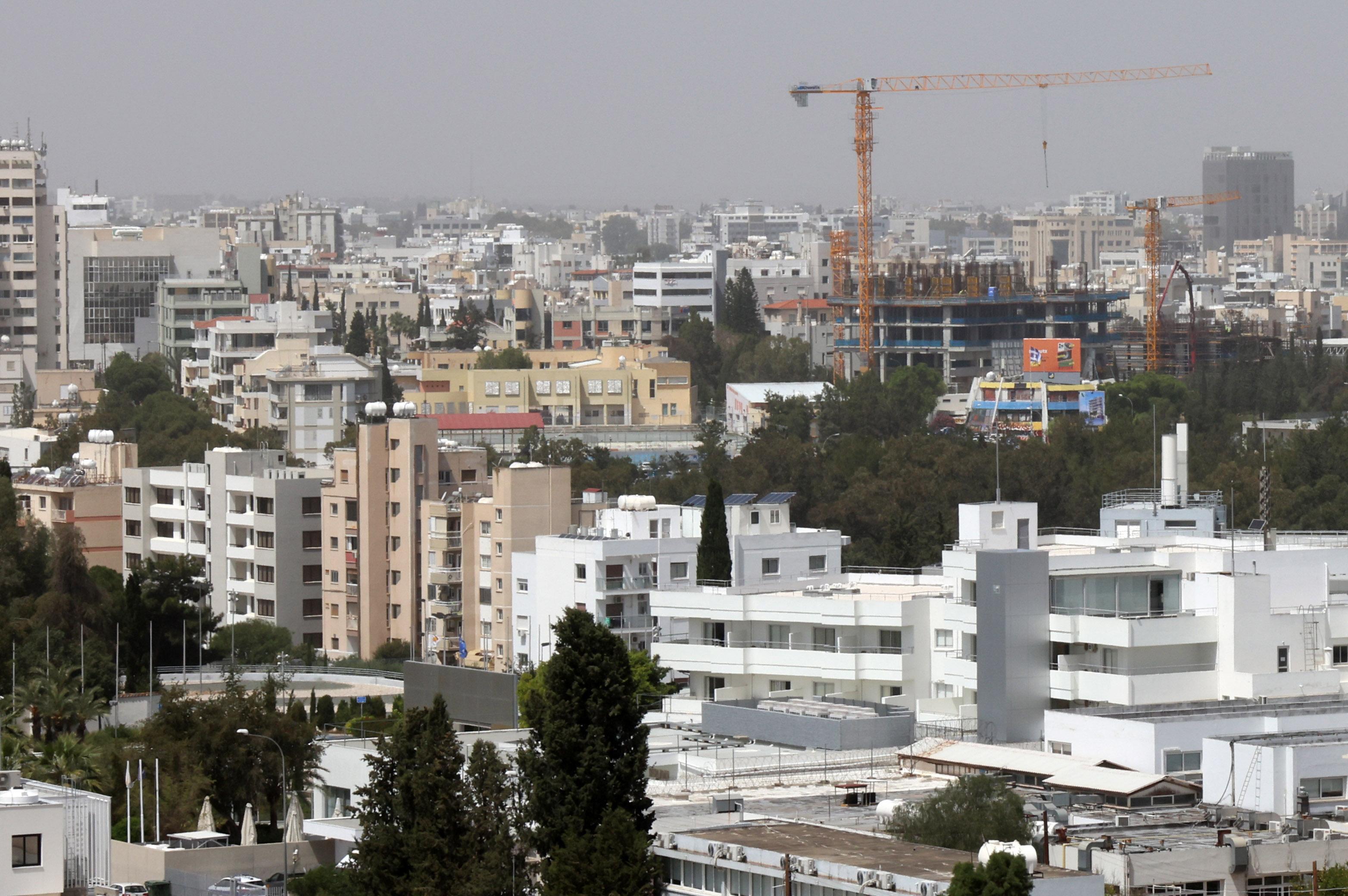According to a report presented by the Cyprus Audit Office, citizens from non-EU countries accounted for 27% of all real estate transactions in 2024. This means that out of 15,797 contracts signed, approximately 4,321 were purchased by buyers from outside the EU. The report emphasizes that the actual share could be even higher, as it does not include transactions carried out through Cypriot companies with foreign shareholders.
Where Foreign Buyers Are Concentrated
- Paphos led in foreign purchases with 1,373 transactions (44.19%), more than double the figures of previous years.
- Larnaca followed with 1,136 contracts (33.85%).
- Limassol and the free areas of Famagusta had around 26%.
- Nicosia recorded the lowest share at 7.68%.
Experts note that the actual proportion of foreign owners may be higher, as the data excludes purchases made through Cypriot companies with foreign shareholders. For the first seven months of 2025, this share has already reached 26%, and some forecasts suggest it may exceed the 2024 level by year-end.
Who Is Buying Property in Cyprus
Over the past five years (2020–2024), the most active foreign buyers were from:
- Lebanon (16%)
- China (16%)
- Russia (14%)
- Israel (10%)
- Syria (6%)
- Egypt (5%)
- United Kingdom (4%)
- Ukraine (4%)
- Canada (2%)
The Audit Office reports that the growing interest is partly fueled by the use of assignment contracts, with over 9,746 such contracts registered in Cyprus.
Legislative Gaps and Lack of Oversight
Speaking before the Parliamentary Audit Committee, Audit Office representative Maria Pavlou highlighted significant gaps in Cypriot legislation, which allow foreigners to acquire property without proper oversight.
Key issues include:
- No verification of funding sources
- Weak control over the actual use of purchased properties
- Lack of a central digital database combining information from the Cadastre and the Companies Registry
Pavlou also noted that the planned update of the Ministry of Interior’s computer system, discussed since 1999, has still not been implemented, leaving transaction data incomplete and outdated.

Government Promises Reforms
Antonis Economidis, representing the Ministry of Interior, confirmed that a draft law is being prepared to address these deficiencies. The law will regulate the registration process, introduce transparent reporting, and strengthen oversight of foreign investments.
According to Zacharias Koulias, chairman of the parliamentary committee, deputies expect to present specific proposals by November 2025 and insist on temporary restrictions until the law is enacted.
Parliament’s Concerns: Housing, Security, and Sovereignty
Lawmakers express concern not only about rising housing prices and reduced rental availability, but also about national security risks. Some foreigners are actively acquiring properties near strategic infrastructure, raising questions about control and transparency.
Independent MP Alexandra Attalidu also highlighted the environmental aspect, warning that Cyprus’ coastline is increasingly threatened by development. She stressed that society must also prepare to integrate long-term residents who buy homes on the island.
Prices Rising, Housing Less Affordable
The increase in foreign buyers has already led to significant property price growth. According to analytics agencies:
- Limassol apartments rose 9% in 2024
- Paphos apartments rose 11%
This makes housing less affordable for locals.
Experts urge authorities to:
- Establish a monitoring system for transactions
- Implement mandatory verification of funding sources
- Restrict purchases in certain areas
These measures aim to balance foreign investment with social stability.
